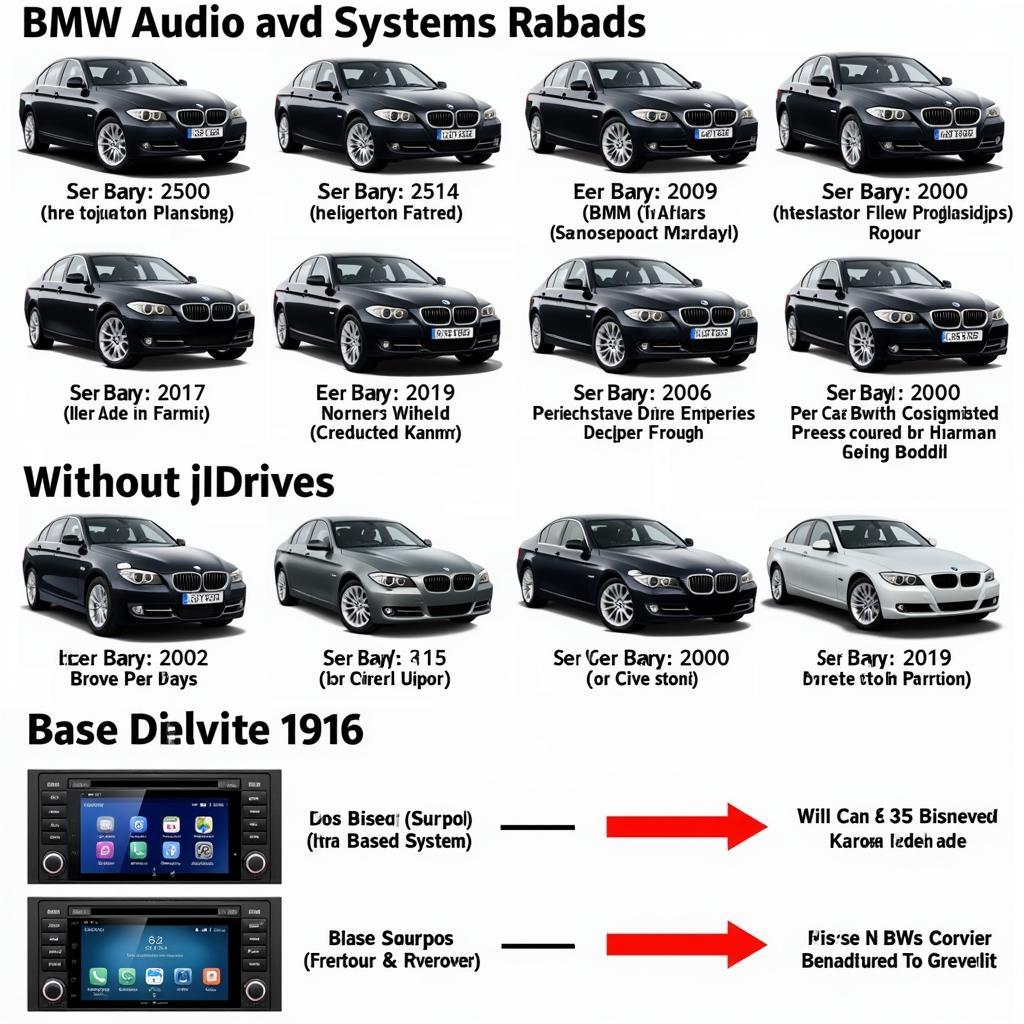The distinct roar of a 2013 BMW M3 engine is unmistakable. Whether you’re a potential buyer, a seasoned owner, or just an automotive enthusiast, understanding this iconic engine sound is key to appreciating the performance and engineering behind this powerful machine. This guide delves into the nuances of the 2013 BMW M3 engine sound, covering common issues, diagnostic techniques, and potential solutions.
Decoding the 2013 BMW M3’s S65 Symphony
The 2013 BMW M3 is equipped with the legendary S65 naturally aspirated V8 engine. This high-revving masterpiece produces a unique sound characterized by a deep growl at low RPMs, transitioning into a high-pitched scream as the engine approaches its 8,300 RPM redline. Understanding the typical sound profile of a healthy S65 is crucial for identifying potential problems. You might want to learn about bmw e92 m3 sound.
Common 2013 BMW M3 Engine Sound Issues
Several factors can affect the engine sound of your 2013 BMW M3. Some common issues include:
- Exhaust leaks: Leaks in the exhaust system can create a hissing or rasping sound.
- Throttle Actuator Issues: Faulty throttle actuators can lead to a rough idle and unusual engine noises.
- Rod Bearings: Worn rod bearings can cause a knocking or ticking sound, especially under load.
- VANOS System Problems: Issues with the Variable Nockenwellen Steuerung (VANOS) system, which controls the variable valve timing, can result in a rattling or whining noise.
Diagnosing 2013 BMW M3 Engine Sound Problems
Diagnosing engine sound issues often requires a combination of methods:
- Visual Inspection: Check for any visible signs of damage or leaks in the exhaust system and engine components.
- Listening with a Stethoscope: A mechanic’s stethoscope can pinpoint the source of unusual noises.
- Diagnostic Software: Specialized software can read error codes and provide insights into the engine’s performance. Remote diagnostic and programming services can be especially helpful in these situations. Learn more about sound bmw m3.
- Test Drive: A test drive under varying conditions can reveal sound patterns related to specific driving scenarios.
“A proper diagnosis is crucial before attempting any repairs,” advises Michael Blackwood, a seasoned automotive engineer with over 20 years of experience specializing in BMW M series vehicles. “A misdiagnosis can lead to unnecessary repairs and wasted time.”
Maintaining the 2013 BMW M3 Engine Sound
Regular maintenance is crucial for preserving the iconic 2013 BMW M3 engine sound and ensuring optimal performance. Check out more on bmw m3 exhaust sound.
Key Maintenance Practices
- Regular Oil Changes: Use the recommended oil type and change it at the specified intervals.
- Spark Plug Replacement: Replace spark plugs as recommended in the owner’s manual.
- Air Filter Replacement: A clean air filter ensures proper airflow to the engine.
- Inspection of Belts and Hoses: Regularly check for cracks or wear in belts and hoses.
“Preventative maintenance is the key to avoiding costly repairs down the road,” adds Sarah Chen, a certified BMW technician. “Regular checks and timely replacements can significantly extend the life of your engine and maintain its signature sound.” You might also be interested in premium sound system bmw. Find out more about the 2013 bmw e92 m3 preium sound system.
Conclusion
The 2013 BMW M3 engine sound is a testament to its high-performance engineering. Understanding this sound and its nuances is crucial for identifying potential problems and ensuring the longevity of your engine. By adhering to proper maintenance practices and seeking professional help when needed, you can enjoy the thrilling symphony of the S65 V8 for years to come.
Need assistance? Contact us via Whatsapp: +1 (641) 206-8880, Email: CARDIAGTECH[email protected] or visit us at 276 Reock St, City of Orange, NJ 07050, United States. We offer 24/7 customer support.


